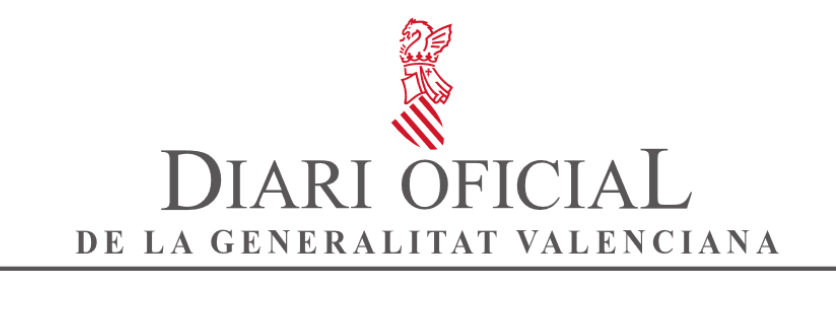Call No. 1/2019 for the provision by the system of free designation of the position of head of the Prevention and Documentation Service
The Diario Oficial de la Generalitat Valenciana and the Boletín Oficial del Estado have published today, February 1, 2019, the Resolution of January 18, 2019, by the director of the Prevention and Prevention Agency against Fraud and Corruption of the Valencian Community, calling for the provision by the free system of designation of the vacant job position of a civil servant nature as head of the Prevention and Documentation Service
The application, adapted to the model published in Annex II and available on the Agency’s website, https://www.antifraucv.es/es/portal-de-transparencia/informació-institucional, will be submitted , preferably, in the Registry of the Agency for the Prevention and Fight against Fraud and Corruption of the Valencian Community (c / Navellos, 14, 3, 46003 València), from 09:00 to 14:00, Monday to Friday, or Through any other of the means provided in article 16 of Law 39/2015, of October 1, on the common administrative procedure of public administrations.
The deadline for submission will be 10 business days from the day following the publication of this call in the Official Gazette of the Generalitat Valenciana.


